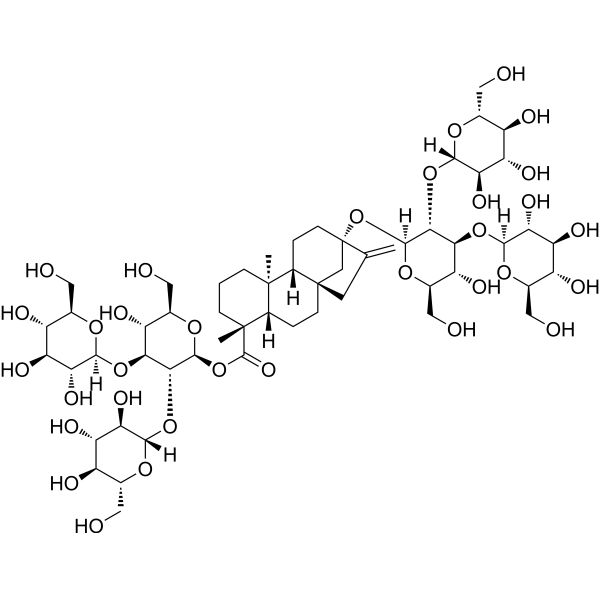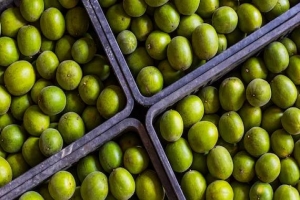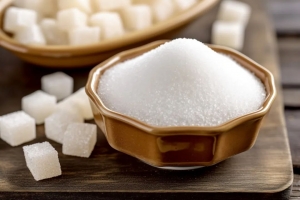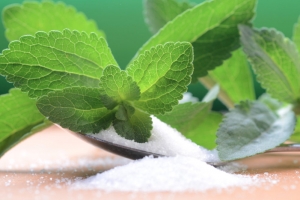Introduction
Reb-M, or Rebaudioside M, is one of the sweetest and purest steviol glycosides found in the leaves of the Stevia plant. As a zero-calorie, natural sweetener, Reb-M has gained increasing popularity as a healthier alternative to sugar. Its clean, sugar-like taste and health benefits make it an attractive choice for those looking to reduce sugar intake without compromising on flavor.

1. Zero-Calorie Sweetness
One of the main benefits of Reb-M is that it provides sweetness without adding any calories. This makes it an ideal sweetener for people managing their weight, those with diabetes, or anyone aiming to reduce calorie intake. Unlike artificial sweeteners, Reb-M is derived from a natural source—stevia leaves—which appeals to consumers seeking clean-label products.
2. Blood Sugar Control
Reb-M does not raise blood sugar levels, making it safe for individuals with diabetes. It allows people to enjoy sweet foods and beverages without the glycemic spike typically associated with sugar. Studies show that Reb-M can help individuals maintain better blood glucose levels, making it a valuable tool for managing diabetes and metabolic health.
3. Heart Health
Because Reb-M is calorie-free and does not affect blood sugar levels, it supports heart health by helping to prevent weight gain and reduce the risk of obesity, which is a known risk factor for cardiovascular disease. By replacing high-calorie, sugar-laden foods with those sweetened by Reb-M, individuals may see improved overall health outcomes.
4. A Clean, Pleasant Taste
Compared to earlier stevia sweeteners like Reb-A, Reb-M is known for its clean, pleasant taste. While some early stevia extracts had a bitter aftertaste, Reb-M has a flavor profile much closer to that of sugar. This improvement in taste makes it suitable for a wide range of food and beverage applications, including soft drinks, snacks, and desserts.
5. Sustainability
Reb-M is also a more sustainable choice for sweetening foods and beverages. Stevia production uses significantly less land, water, and energy compared to traditional sugar crops such as sugarcane or beets. In addition, some manufacturers use fermentation technology to produce Reb-M without needing to extract large amounts from stevia leaves, reducing the environmental footprint further.
 The regulation of Monk Fruit Extract (also known as Luo Han Guo extract) varies across different cou
The regulation of Monk Fruit Extract (also known as Luo Han Guo extract) varies across different cou
 Health Canada Approves Monk Fruit Extract as a Natural Sweetener
Health Canada Approves Monk Fruit Extract as a Natural Sweetener
 New Breakthrough in Allulose: A Healthier Sugar Alternative Gains Momentum
New Breakthrough in Allulose: A Healthier Sugar Alternative Gains Momentum
 Understanding Reb-M: The Benefits of a Next-Generation Sweetener
Understanding Reb-M: The Benefits of a Next-Generation Sweetener